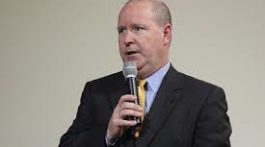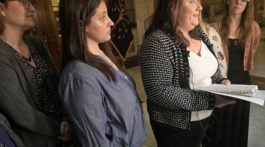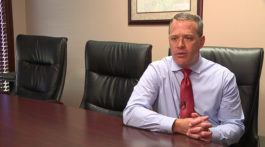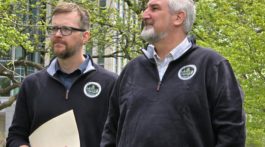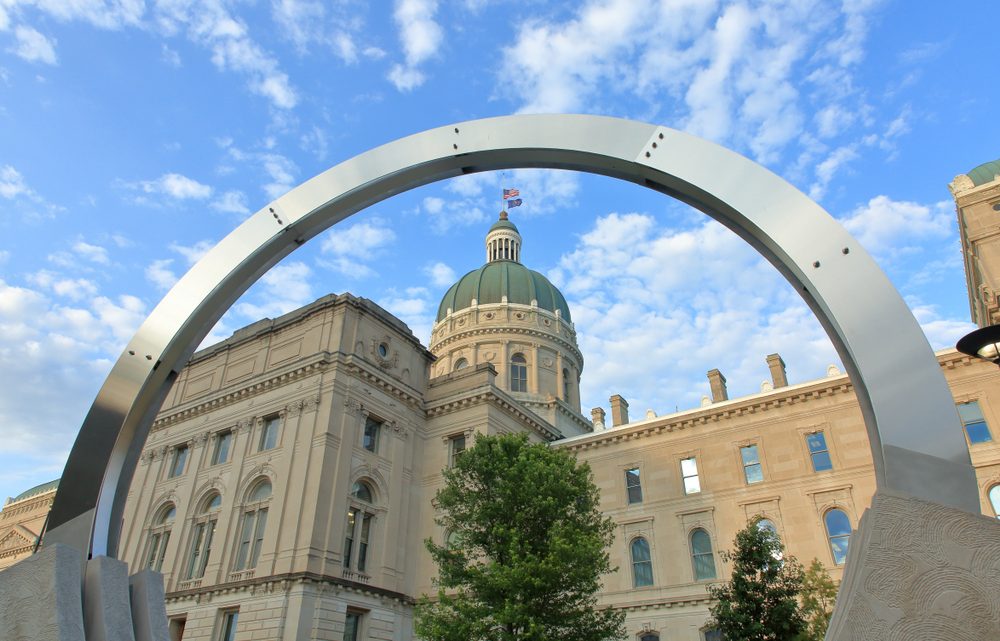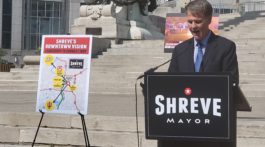by Abdul-Hakim Shabazz
With the 2023 legislative session starting Monday, I figured I’d do my traditional “here are some thoughts lawmakers should focus on” piece. Now granted, I understand this is a budget year, and lawmakers have lots of priorities to sort out, health care, teacher pay, and property taxes. So the items below may or may not fall into that category.
Marijuana
- Start drafting a plan for legalization.
- Medical and recreational marijuana is coming to Indiana, eventually, so lawmakers should start the process now of working out what the “infrastructure” should look like for its sale and distribution. There are at least 33 states that have some form of legalization, so why wait to map out a game plan? Indiana should get off the pot so it can get on the pot.
- Decriminalize possession for less than an ounce.
- Marijuana may still be illegal, but that doesn’t mean we must continue clogging up our jails with low-level, non-violent offenders. The law should be changed so that simple possession under less than an ounce is, at best, a ticket with a minimum fine.
Teacher Pay
- Make Indiana K-12 public school state employees.
- For some strange reason, the more vocal advocates for increasing teacher pay can’t seem to grasp the concept that the school board sets a teacher’s salary and whatever agreement they reach with the collective bargaining unit. So since that’s what these people think, then make it so. Make Indiana’s more than 61,000 teachers state employees. And the state can have full responsibility for determining salaries. Because they are state employees, collective bargaining won’t be necessary, and school districts can be pass-throughs for pay and administering benefits. And the state can eliminate all collective bargaining for educators since the teachers now work for them, and teachers can be paid accordingly.
-
- In the alternative of making teachers state employees, the state should give school districts the direct power to levy an income tax to pay their employees more money or rework the state’s tax increment finance laws (TIF) to allow more funds to flow to school districts and allow those dollars to be used exclusively for teacher pay.
Local Government
- Create TIFs for local road funding
- Just like tax increment financing can be used for economic development, there’s no reason it can’t be used for local road projects. A portion of the sales tax on gasoline that’s sold in certain neighborhoods (particularly those designated economically depressed) can be designated specifically for street and sidewalk repair in those areas.
- Change the county/local income tax distribution system.
- One of the big issues in Indiana is that when counties collect income taxes, the money goes back to the county where the person lives, not where it’s earned. That should be changed so the income tax will stay in the county where it is earned. However, realizing that many bond projects were financed with those dollars, the best thing to do would be to give counties the ability to increase their COITs. Still, the increased revenue will stay in the county where the income is earned, and that way, past projects are paid for, but locals get the revenue they need for day-to-day operations.
Crime/Violence/Criminal Justice
- Tougher Penalties for Crimes Committed in “Economically Challenged” Areas
- Since people who live in low-income areas are more likely to be victims of crime than in other parts of the city, the state should work with local “economically challenged public safety zones” (which can be based on census data) and increase the penalties for offences committed in those areas.
- Creative post-conviction sentencing
- The state should work with the criminal justice system and implement a program where non-violent, first-time offenders are sentenced to school as part of their probation. A judge, under state law (IC 35-38-2-2.3) as part of probation, can order a defendant to “Work faithfully at suitable employment or faithfully pursue a course of study or career and technical education that will equip the person for suitable employment.” This will be cheaper than incarceration, and the long-term result is a productive citizen who is repairing homes and automobiles instead of breaking into them.
Attainable Housing
- Increase development in economically challenged areas
- Encourage developers who receive state/local tax incentives to build, where feasible, in select areas with economic challenges.
- Gentrification
- Work with local governments to protect long-time homeowners from skyrocketing increases in property tax assessments due to gentrification by freezing their assessments in neighborhoods experiencing gentrification until the home is sold or transferred.
Social Issues
- Can we take a pass on these this session? I know a lot of people on all sides of the aisle would appreciate it.
Abdul-Hakim is the editor and publisher of Indy Politics. He is also an attorney licensed in both Indiana and Illinois.


